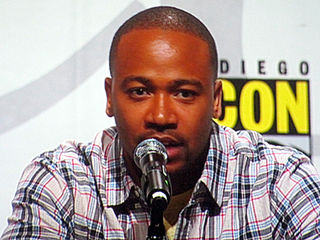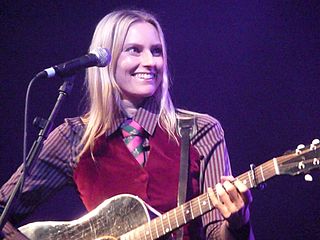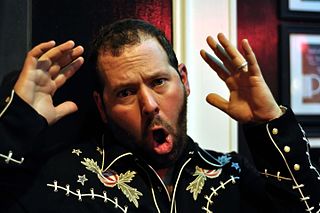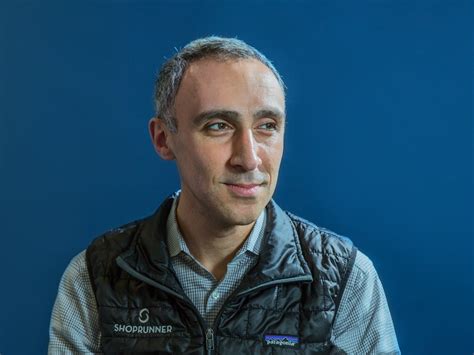A Quote by Adrian Tomine
I'm always a little apprehensive about 'decoding' fictional stories.
Quote Topics
Related Quotes
What writers of fantasy, science fiction, and much historical fiction do for a living is different from what writers of so-called literary or other kinds of fiction do. The name of the game in F/SF/HF is creating fictional worlds and then telling particular stories set in those worlds. If you're doing it right, then the reader, coming to the end of the story, will say, "Hey, wait a minute, there are so many other stories that could be told in this universe!" And that's how we get the sprawling, coherent fictional universes that fandom is all about.
As a little girl, I didn't like stories about little girls. I liked stories about dragons and beasts and princes and princesses and fear and terror and the Four Musketeers and almost anything other than nice little girls making moral decisions about whether to tell the teacher about what the other little girl did or did not do.
I have always felt a little bit uncomfortable with question [why I'm write these stories]. It's not a question that you would ask a guy that writes detective stories or the guy that writes mystery stories, or westerns, or whatever. But it is asked of the writer of horror stories because it seems that there is something nasty about our love for horror stories, or boogies, ghosts and goblins, demons and devils.
The first and most common reason for not being a fluent reader is that the child does not yet know how to decode very well yet. They lack automatic decoding skills, and this prevents them from being able to read accurately, much less smoothly and quickly. Decoding accuracy is the first prerequisite to fluency.
Stories? We all spend our lives telling them, about this, about that, about people … But some? Some stories are so good we wish they’d never end. They’re so gripping that we’ll go without sleep just to see a little bit more. Some stories bring us laughter and sometimes they bring us tears … but isn’t that what a great story does? Makes you feel? Stories that are so powerful … they really are with us forever.
When I was about twenty-one, I published a few poems. Maybe I wrote a couple of stories before, but I really began to write stories in my mid-thirties. My kids were still little, and they were in school and day care, and I had begun to think a lot about wanting to tell some stories and not being able to do it in poetry.



































